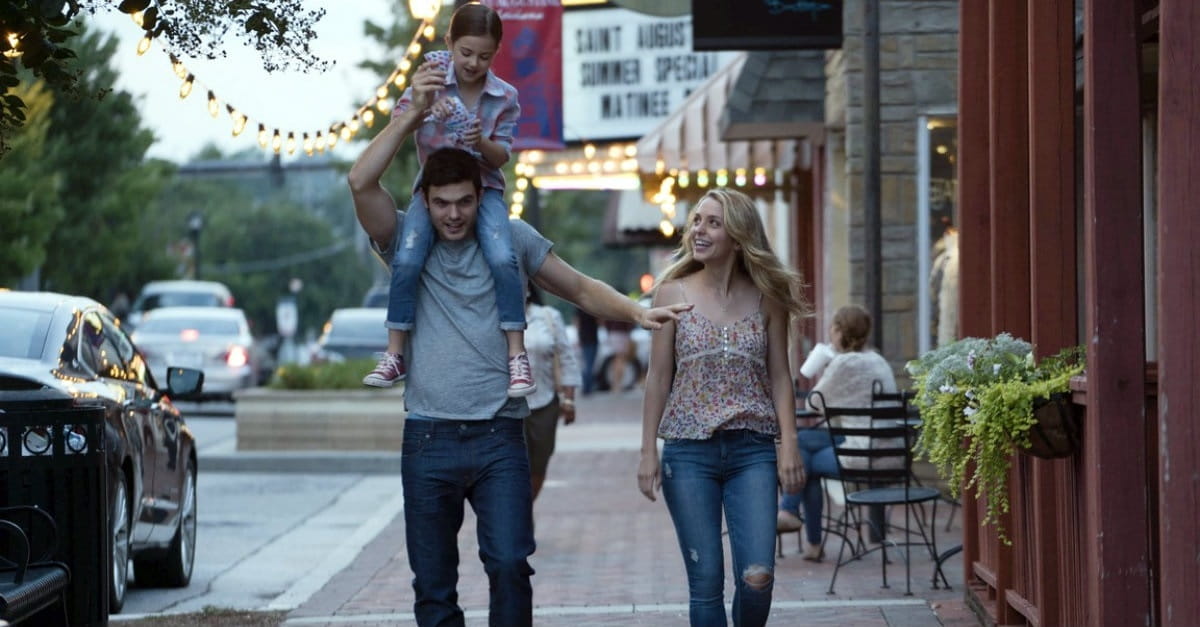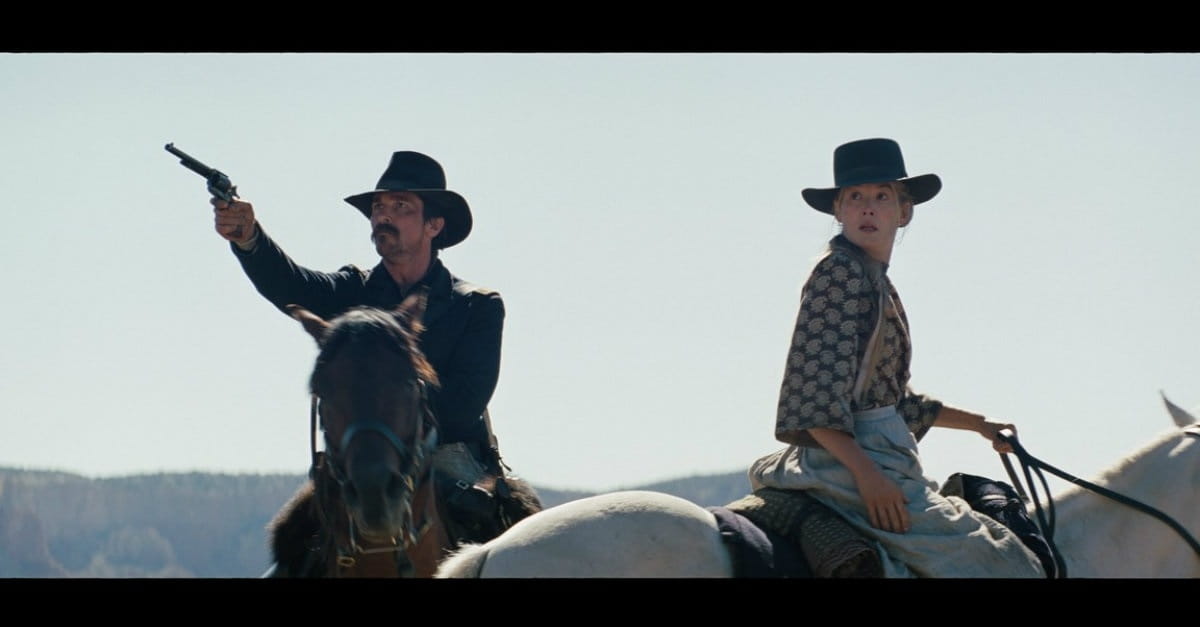Director Takes Wrong Turn With Driving Lessons
- Annabelle Robertson Entertainment Critic
- Updated Jul 12, 2007

Release Date: July 3, 2007
Rating: PG-13 (for language, sexual content and some thematic material)
Genre: Drama
Run Time: 95 min.
Director: Jeremy Brock
Actors: Rupert Grint, Julie Walters, Laura Linney, Nicholas Farrell, Michelle Duncan
Ben Marshall (Rupert Grint, who plays Ron Weasley in the Harry Potter movies) is going nuts. You wouldn’t know that from his expression, of course, which remains as blank as a dead fish throughout this film. But who wouldn’t be, with such a passive, ineffectual father (Nicholas Farrell, Charlotte Grey) and disingenuously Christian mother (Laura Linney, Kinsey)—not to mention a crush who thinks Ben is just plain weird?
To get out of the house the summer of his 17th year, Ben takes a job as an assistant to Dame Evie (Julie Walters, who plays Mrs. Weasley in the Harry Potter series). Evie is a former actress with a penchant for melodrama and alcohol—and more than a little manipulation. She badgers Ben about his listlessness, calling it “a form of social autism,” and makes him rehearse Shakespeare with her—which Ben actually enjoys. He’s a poet, it seems, who just needs a little nurturing. But it isn’t until Evie and Ben take a road trip that he really comes out of his shell, discovering who and what he wants to be.
This story by Jeremy Brock is largely autobiographical. Brock apparently worked for Dame Peggy Ashcroft, a British actress, as a young man, and is the son of an English vicar as well. This may be the reason that this talented writer/director (who also penned The Last King of Scotland) was unable to remain objective about this project—much less give it what it needed to succeed.
The first problem is the inevitable comparison to Harold and Maude, the 1971 film about a young man who falls in love with a septuagenarian. In this case, Ben and Evie do not have a romantic relationship. She’s looking for a friend, and he’s searching for some parental attention and authority. But you can’t help wondering, throughout the film, whether an affair is going to happen, which puts a damper on things.
Instead, and rather incongruently, Ben meets a woman ten years older (Michelle Duncan) who seduces him. Although the director would have us believe that it’s Evie who has changed Ben, it’s really only once Ben has been stripped of his virginity that he suddenly finally finds the courage to stand up for himself. It’s a disturbing element portrayed without any moral questioning. Ben engages in this “one night stand” and is changed for the better.
That’s not the only disconcerting aspect of the film. Christians are also all portrayed in a negative light. Ben’s mother is a daffy evangelical fanatic who uses her faith to maneuver and eventually ends up (BRIEF SPOILER) committing adultery with another vicar. That pastor, of course, is the most popular, seemingly sincere one in town. The other, Ben’s father, is a staunch liberal who gives an extended sermon which encourages his congregation not to make a commitment to the faith, but to simply be true to themselves. “Do you strive to do good? Then you’re a Christian,” he says.
The real Christian, ironically, appears to be his son. But that doesn’t stop Ben from disregarding his parents’ authority and, at the very end of the film, telling his crush to “f- off.” This happens after a completely absurd conclusion, during which Evie blasphemes repeatedly during a ridiculous church play about the life of Jesus. Evie calls Ben “the son of man” and mocks Christianity along with the African-American gospel tradition, speaking in Ebonics and shouting misconstrued Christian teaching—to which the congregation responds by praying and waving their arms, saying “Come Holy Spirit.” It’s sad, but Block’s disdain for the church, both evangelical and liberal, is all too evident here.
Another problem with the film, aside from its clichés and Christian bashing (itself a cliché nowadays), is the acting, along with the thinly-drawn characters. Grint’s stoicism, throughout the film, is positively painful to watch. Linney does a pretty good job with her English accent, but overacts somewhat. Walters really overdoes it, however, turning her character into an annoying, manipulative old lady who is very difficult to identify with. The actor who actually does the best job is Farrell, who portrays a downtrodden, passive man who finds himself with convincing ease. Farrell managed to elicit a good laugh from me (the only one of the film) with his wacky bird imitations.
Even though this movie claims to be about coming of age, because of the language, Evie’s drinking (and drunkenness) and the scene with Ben’s seduction, it’s really only appropriate for adults. Those who can bear it, that is. Nice scenery, though.
AUDIENCE: Adults only
DVD EXTRAS:
- Featurette: “The Making of Driving Lessons”
- Deleted Scenes
- Outtakes
- Previews
CAUTIONS:
- Drugs/Alcohol: Characters drink throughout film; one character appears to be an alcoholic; an adult encourages a minor to drink in several scenes.
- Language/Profanity: At least two dozen profanities and obscenities, some strong.
- Sexual Content/Nudity: A few sexual references; woman seduces minor boy, inviting him to her apartment and taking him to bed (no nudity); woman has affair and leaves husband; man dresses in women’s clothing and makeup.
- Violence: A few mild arguments with shouting; a brief car accident in which a character is struck and injured (but not killed).














